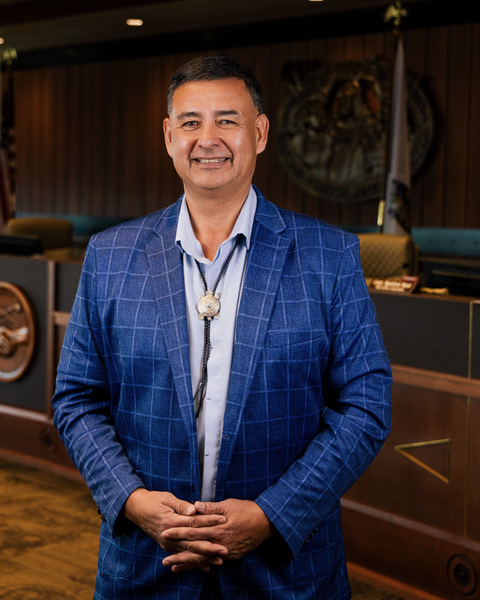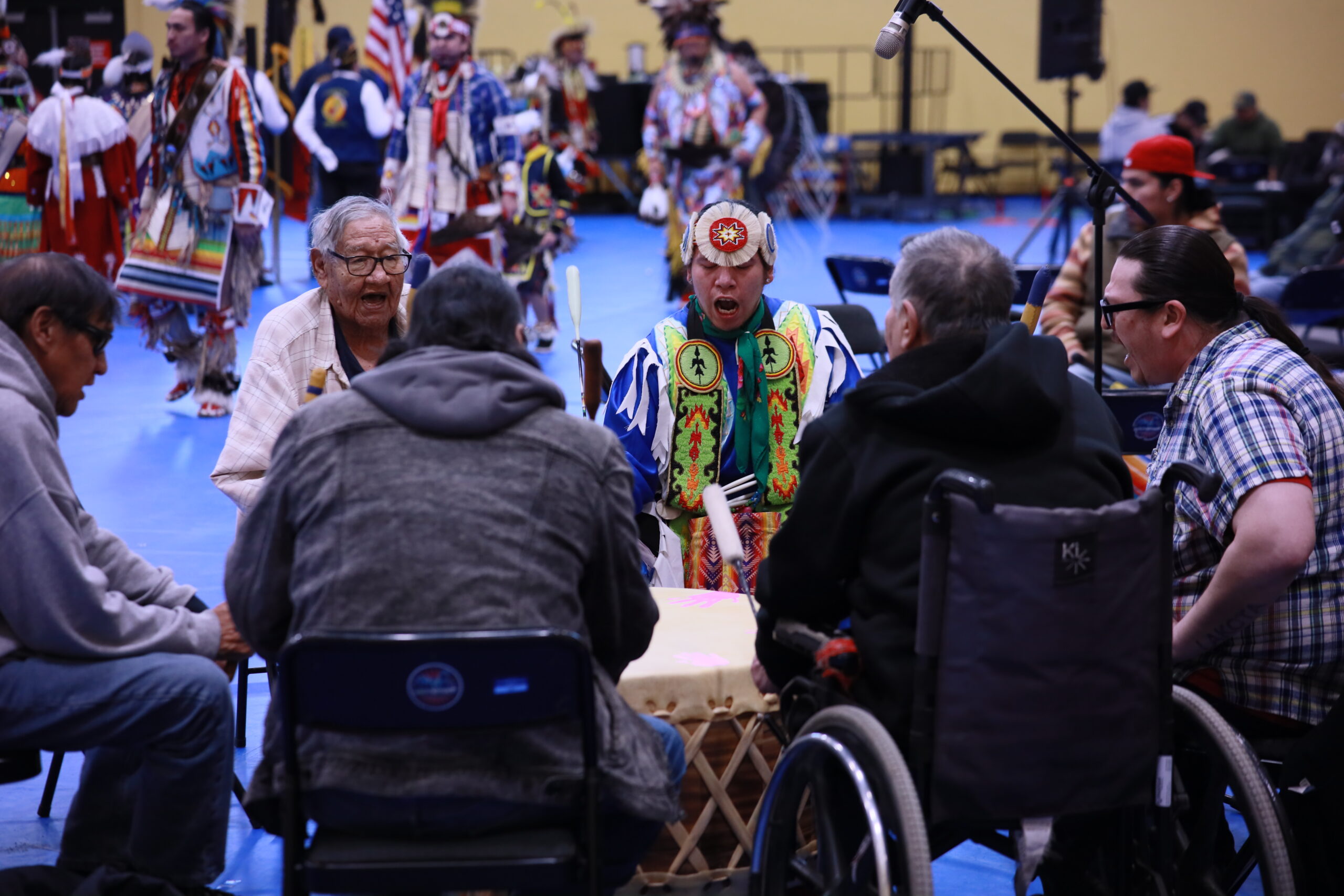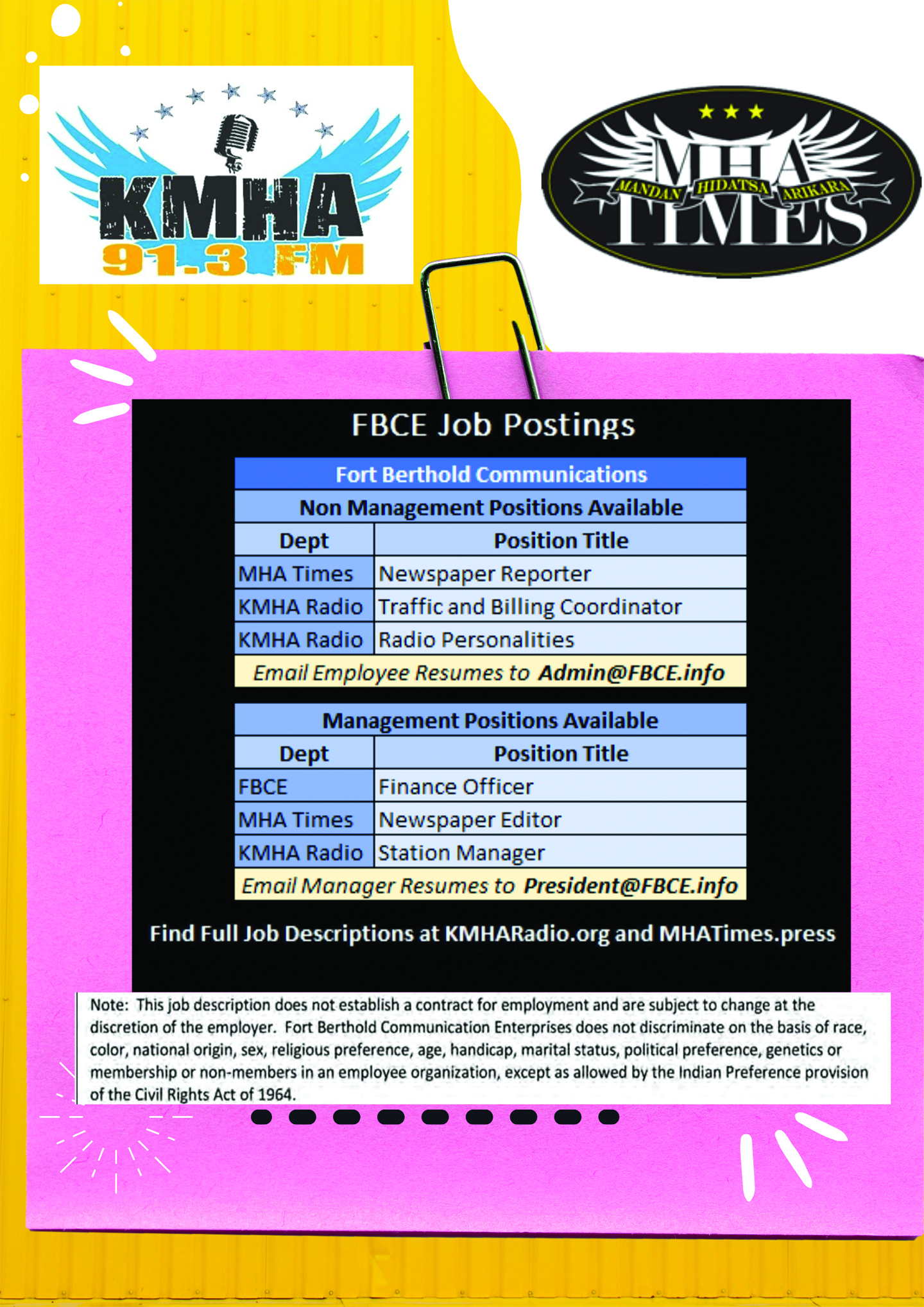The pandemic and ban on gifts to lawmakers have changed how lobbyists go about their daily work By Dylan Sherman N.D. Newspaper Association Education Foundation BISMARCK – A loss of personal interaction. That’s how Levi Andrist, lobbyist and president of the North Dakota Lobbyists Association, describes the change in how lobbyists work compared to previous...
Menu



